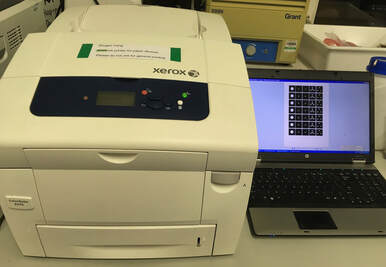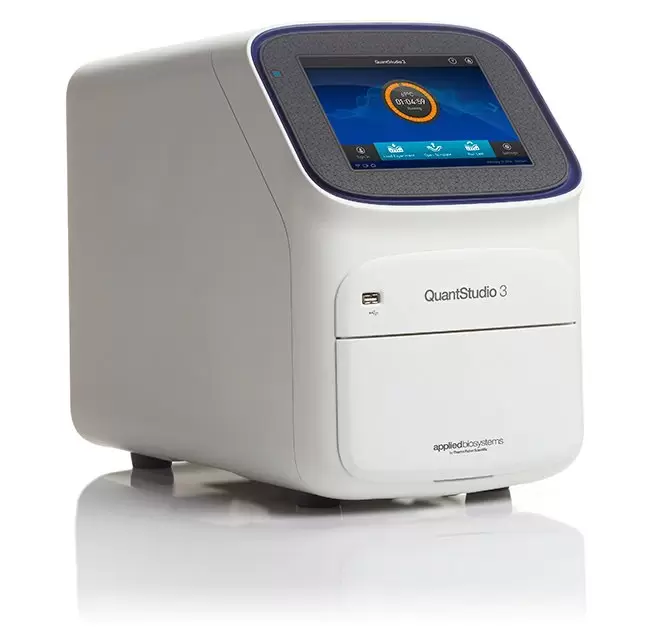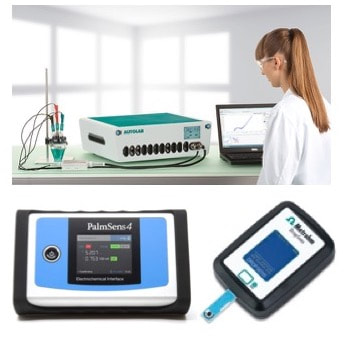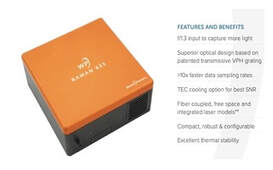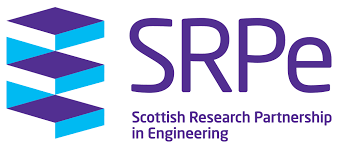Facilites at Sensors Lab
The Advanced Sensors Lab at Cranfield conducts cutting-edge research and device development on new sensor technologies to address challenges across the water, environment, and healthcare sectors. It has particular strengths in the development of cheap paper-based devices as well as electrochemical and optical sensors.
Compared to traditional analytical tools, advanced sensors offer fast response times, minimal sample processing time, the capability for deployment to field sites and extremely high sensitivity and selectivity. Our sensors lab provides a range of sensing platforms for rapid identification and quantification of chemical, biological and microbial targets in water, soil and other environmental matrices, in food safety contexts and for forensic science applications.The laboratory’s core facilities comprise three platforms: see our lab introduction at UKCRIC
Compared to traditional analytical tools, advanced sensors offer fast response times, minimal sample processing time, the capability for deployment to field sites and extremely high sensitivity and selectivity. Our sensors lab provides a range of sensing platforms for rapid identification and quantification of chemical, biological and microbial targets in water, soil and other environmental matrices, in food safety contexts and for forensic science applications.The laboratory’s core facilities comprise three platforms: see our lab introduction at UKCRIC
- Engineered paper-based device platform with molecular amplification such as real-time polymerise chain reaction (qPCR) and loop-mediated isothermal amplification, and a wax-printer for manufacturing paper devices
- An electrochemical platform for sensor development, including a multichannel model potentiostat for powerful lab-based assay and a small portable format for field testing.
- An optical sensing platform, including a Raman spectrometer, a microfluidic chip, and fluorescent microscopy coupled with an ultra-fast camera.
Our sponsors
Our research programs have been funded by UKRI (e.g., NERC Fellowship, NERC N-WESP), government (e.g., Home Office, DEFRA, EA, etc.) and industry grants, including contributions to the UK national initiatives on wastewater surveillance for COVID-19 and wastewater based epidemiology.
See details on UKRI sponsored grant at Gateway to Research
See details on UKRI sponsored grant at Gateway to Research


